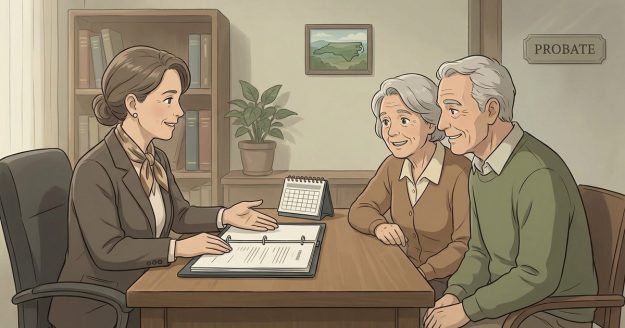What is the process for handling firearms held by law enforcement after the owner dies, and can they be transferred to an heir or held for a child? nc
What is the process for handling firearms held by law enforcement after the owner dies, and can they be transferred to an heir or held for a child? – North Carolina Short Answer In North Carolina, firearms held by law enforcement after an owner’s death are usually released only to a legally authorized person (often…











